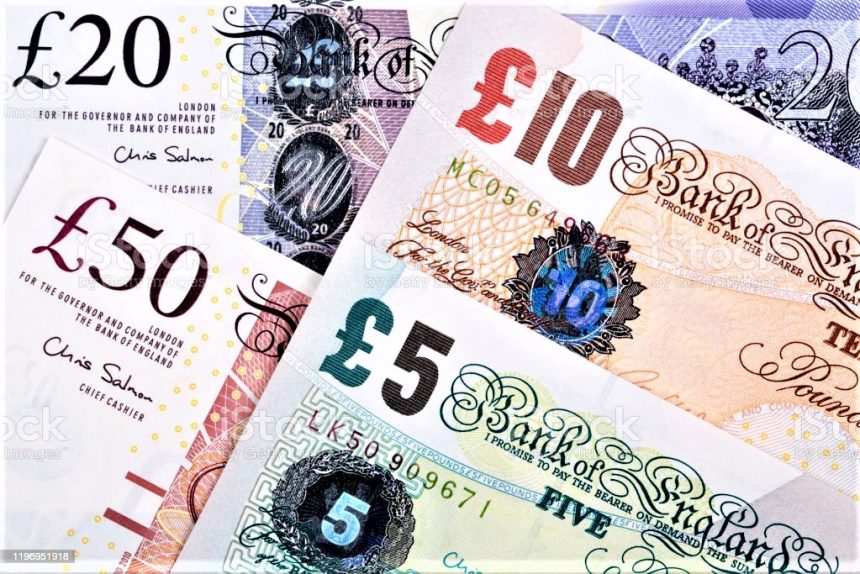Pound sterling falls dramatically against the US dollar following strong US ADP employment figures.
Pound sterling (GBP) fell below 1.3000 versus the US dollar (USD) in Wednesday’s New York session following the release of US macroeconomic data. The GBPUSD pair is under heavy selling pressure as the US Dollar recovers rapidly following the unexpectedly high October ADP Employment Change. US private companies added 233K personnel, far higher than 159K in September, which revised upward from 143K. Economists projected private labor growth to be slower, at 115K.
The prospect of strong private hiring will alleviate concerns about a weakening employment market, undermining Federal Reserve (Fed) dovish wagers for the rest of the year. According to the CME FedWatch tool, the central bank is likely to decrease interest rates by 25 basis points at both its November and December policy meetings.
Investors expect the Bank of England to decrease interest rates by 25 basis points.
Investors will pay special attention to the October US Nonfarm Payrolls (NFP) statistics, which will be released on Friday, for more information on the current labor market situation.
Meanwhile, the US Bureau of Economic Analysis (BEA) revealed that the US economy expanded by 2.8% in the third quarter of this year, weaker than estimates and the previous reading of 3.0%..
Daily Market movers: Pound Sterling falls against its major counterparts.
The pound sterling falls versus its main peers on Wednesday, ahead of the release of the United Kingdom’s (UK) Autumn Forecast Statement at 12:45 GMT. This will be Labour’s first budget presentation in over 15 years, and Chancellor of the Exchequer Rachel Reeves is likely to announce a tax hike on various income-generating sources as well as increased spending plans to stimulate investment.
According to UBS, the Budget will focus on three major areas: First, adjustments in fiscal regulations to improve headroom for future borrowing; second, a package of tax rises, most likely on capital gains, inheritance, pensions, and – most critically in terms of new revenues – national insurance contributions for employers; third, According to Reuters, people are investing money on investment initiatives.
Market participants will primarily focus on the size of tax increases and spending budgets in order to anticipate their influence on inflationary pressures. Analysts at UBS believe that increased spending will result in an increase in the budget deficit to 3.1% of GDP.
A bigger deficit target would heighten concerns about price pressures being persistent, forcing traders to reduce Bank of England (BoE) dovish wagers for the rest of the year. According to a Reuters poll conducted between October 22 and 28, the BoE largely expected to decrease interest rates by 25 basis points (bps) at its forthcoming policy meeting on November 7. This would be the BoE’s second interest rate drop this year, lowering crucial borrowing costs to 4.75%.









